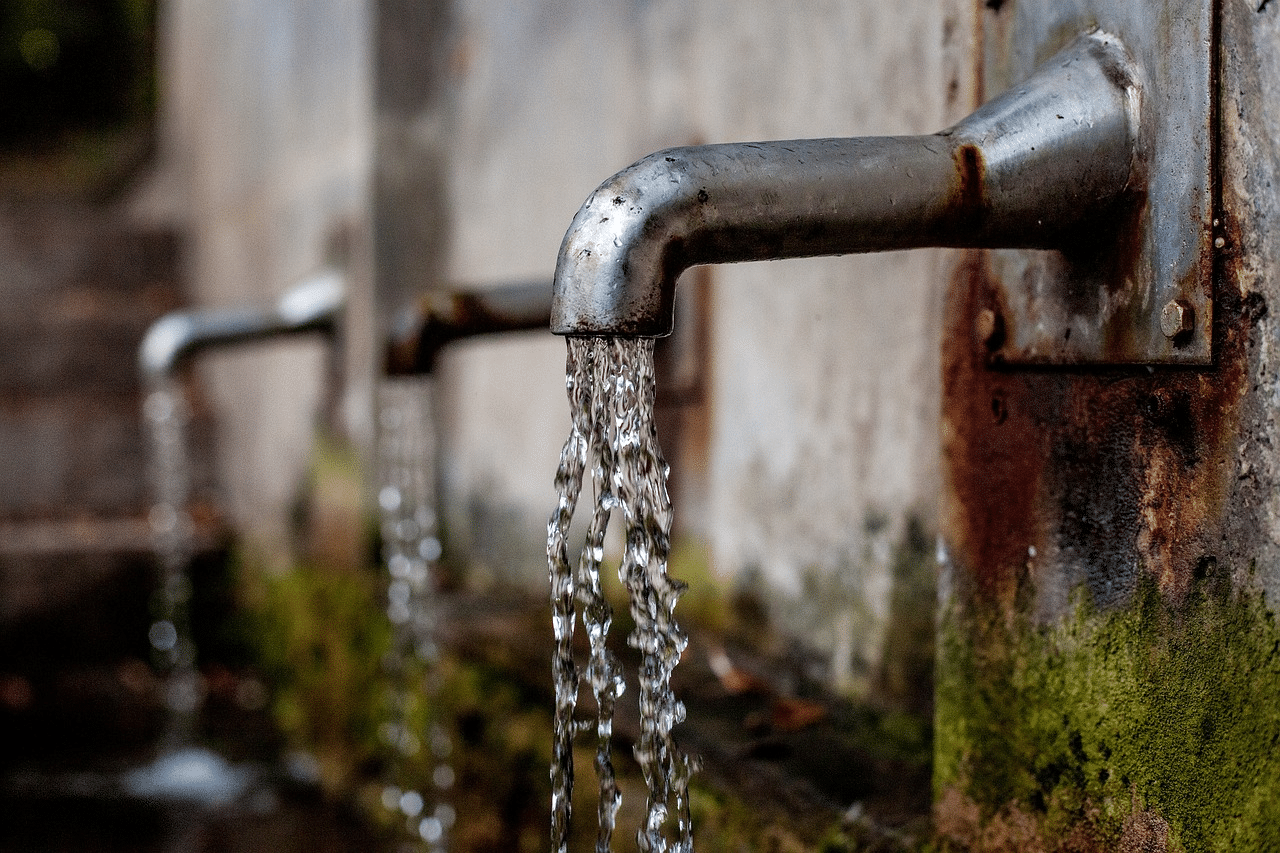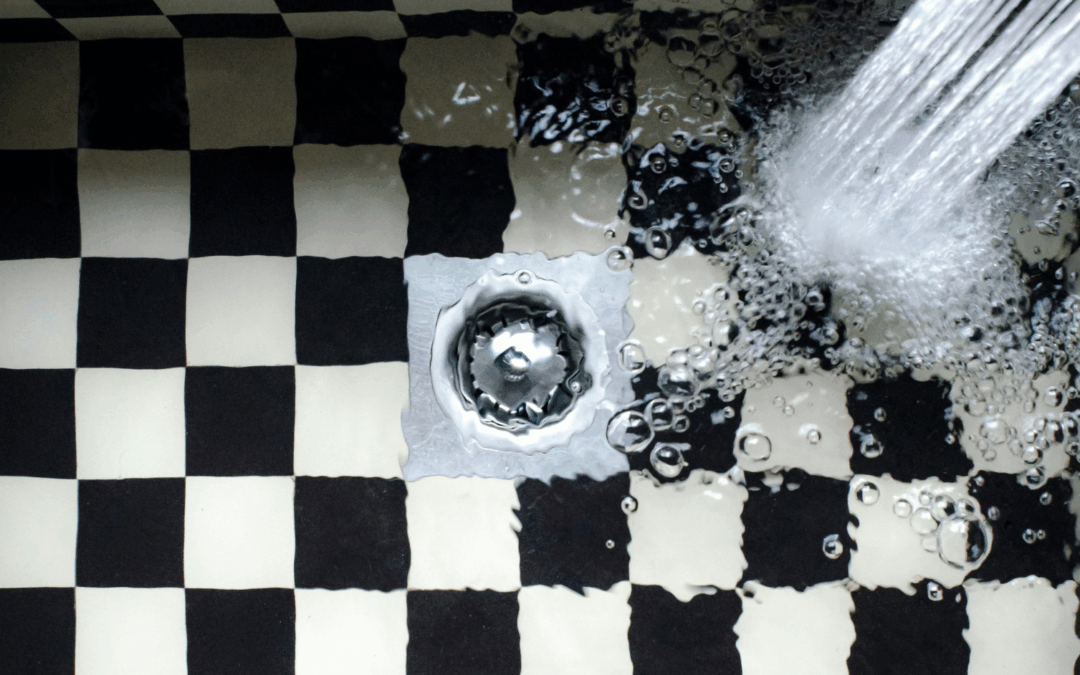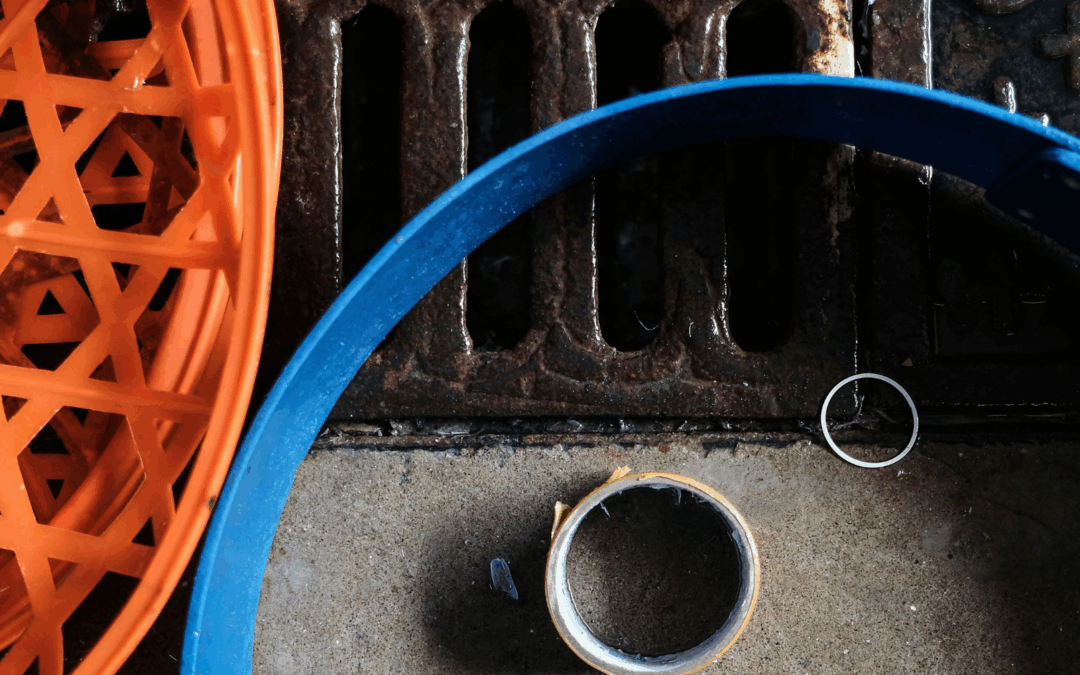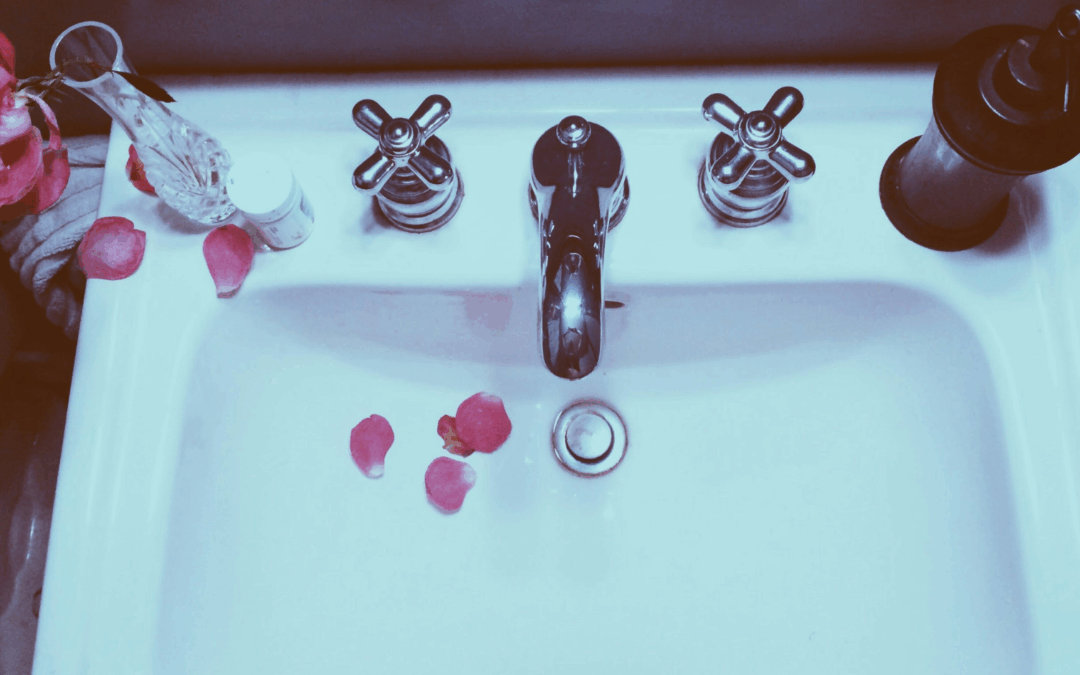Have you ever noticed that your dishes come out of the dishwasher with spots and stains, or that your clothes come out of the laundry with a dull and dingy appearance? If you are experiencing this type of issue, it could be due to hard water. Hard water contains excess mineral ions and both calcium and magnesium, which can cause numerous problems in your home.
One solution to alleviate this water flow problem is to install a water softener system. But how does a water softener work? In this blog post, we’ll delve into how water softeners work by using resin beads along with a resin tank and why they are essential tool for maintaining clean and healthy water in your home.
To understand how water softeners work, it’s important to understand what they are targeting. Water softeners work to remove excess mineral ions like calcium and magnesium from your home’s water supply with resin beads in exchange for sodium ions. These mineral ions are responsible for hard water and can damage appliances like your dishwasher and washing machine, while also making cleaning your dishes and laundry much more difficult. Water softeners work by using tiny resin beads in a resin tank that charge ions, removing calcium and magnesium from the water, and replacing them with sodium ions.
Schedule Service Online
Get a free estimate so you know what you're signing up for
"*" indicates required fields
For Emergency Services Call: 410-255-9300
How Does A Water Softener Work?: The Water Softening Process
The water softening process begins when water flows together with the resin bed, which is filled with small beads that contain negative charge ions, and continue on to be immersed in brine solution. The brine tank is where the salty brine solution is generated.
The resin beads are immersed, and the brine solution flows within the resin tank, which contains sodium or potassium ions. As the hard water enters the water softener system, the calcium and magnesium in the water displace the sodium ions on the resin beads, which is what makes the water soft. This process is known as ion exchange, and it is the primary function of a water softener.
Once the resin bed is filled with calcium and magnesium, it is then time to regenerate it. This regeneration cycle is done by flushing a sodium-rich brine solution through the system. Brine solution removes the calcium and magnesium ions from the resin beads and replaces them with sodium ions. This regeneration process is automatic and happens regularly, ensuring that the resin bed is continually functioning correctly. If your water softener has a larger brine tank, you’ll add salt to it less frequently.
One thing to keep in mind is that a water softener will increase the level of sodium or potassium chloride in your water, which may be an issue for people with high sodium or potassium sensitivity. However, the amount of sodium chloride or even potassium chloride added to your water supply is minimal and is usually not problematic for most people.
It’s important to note that there are different types of water softeners available. While the salt solution and ion exchange process we’ve discussed is the most prevalent and widely used, there are alsosalt-free water softener options, which use filters or magnets to address hard water issues. However, these systems are not as effective as ion exchange water hardness systems and may not entirely remove the excess minerals in the water.
Water softeners play an essential role in maintaining clean and healthy water in your home. They work by removing the excess mineral ions, and calcium and magnesium ions that cause hard water issues, ultimately extending the life of your household appliances. While there are different types of water softeners available, the ion exchange water softeners system is the most common and effective method of treating hard water issues. Installing a water softener is a long-term investment in your home’s health and wellbeing, and if you’re experiencing hard water issues, it’s worth considering!
Signs of Hard Water
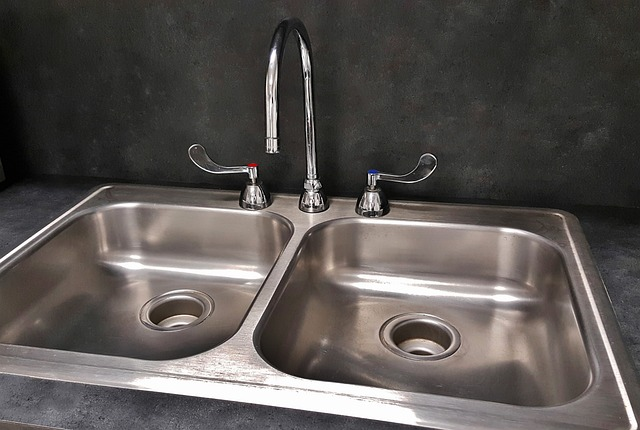
Hard water is a common issue that can affect both the quality of your water and the performance of your appliances. While hard water can be difficult to detect visually, there are some common signs that may indicate its presence in your home. These include:
- White, chalky stains around faucets, showerheads, and sinks
- Poor lathering and residue on skin and hair after washing
- Spotty and streaky dishes and glassware
- Faded and dingy clothing after washing
- Reduced water pressure and frequent clogs in pipes, appliances, and fixtures
How to Fix Hard Water?
If you suspect hard water is causing problems in your home, there are a few solutions you can try. One solution is to install a water softener system, which removes the minerals that cause hard water through a process called ion exchange.
Another approach is to use chemical treatments such as descalers or water conditioners, which break down minerals and prevent buildup. Additionally, regularly cleaning your appliances and fixtures can help to reduce buildup of mineral deposits and prolong their lifespan.
Benefits of Water Softeners: Why You Should Consider Installing One in Your Home
Water is an essential element in our lives, but it can contain minerals such as calcium and magnesium ions that can cause problems in our homes. If you have hard water, you might have noticed spots on your dishes and glass shower doors, or noticed that your clothes don’t feel as soft as they used to. Fortunately, water softeners can help remove these minerals and improve the quality of your water. In this blog post, we’ll explore the benefits of water softeners and why you should consider installing one in your home.
Water Softeners Can Save You Money
Hard water can cause damage to your plumbing and appliances, which can lead to costly repairs or replacements. Softening your water can help extend the life of your appliances and reduce the amount of soap and detergent you need to use, which can lower your monthly bills. Many residential water softeners have one resin tank and one brine tank inside a single household.
Softened Water is Better For Your Skin and Hair

Hard water can cause dryness, irritation, and even acne breakouts on dry skin. Softened water, however, is gentler on your skin and hair, leaving them feeling smoother and healthier.
Your Clothes Will Look and Feel Better
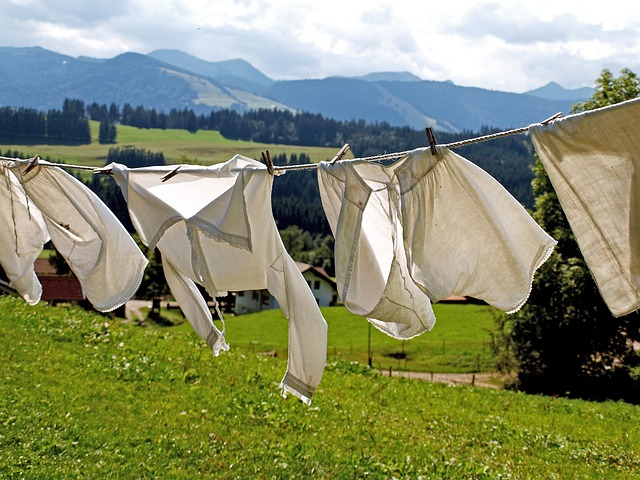
Hard water can cause your clothes to fade and feel stiff. Soft water, on the other hand, can help keep your colors vibrant and your fabrics soft and comfortable.
Cleaner Dishes and Surfaces
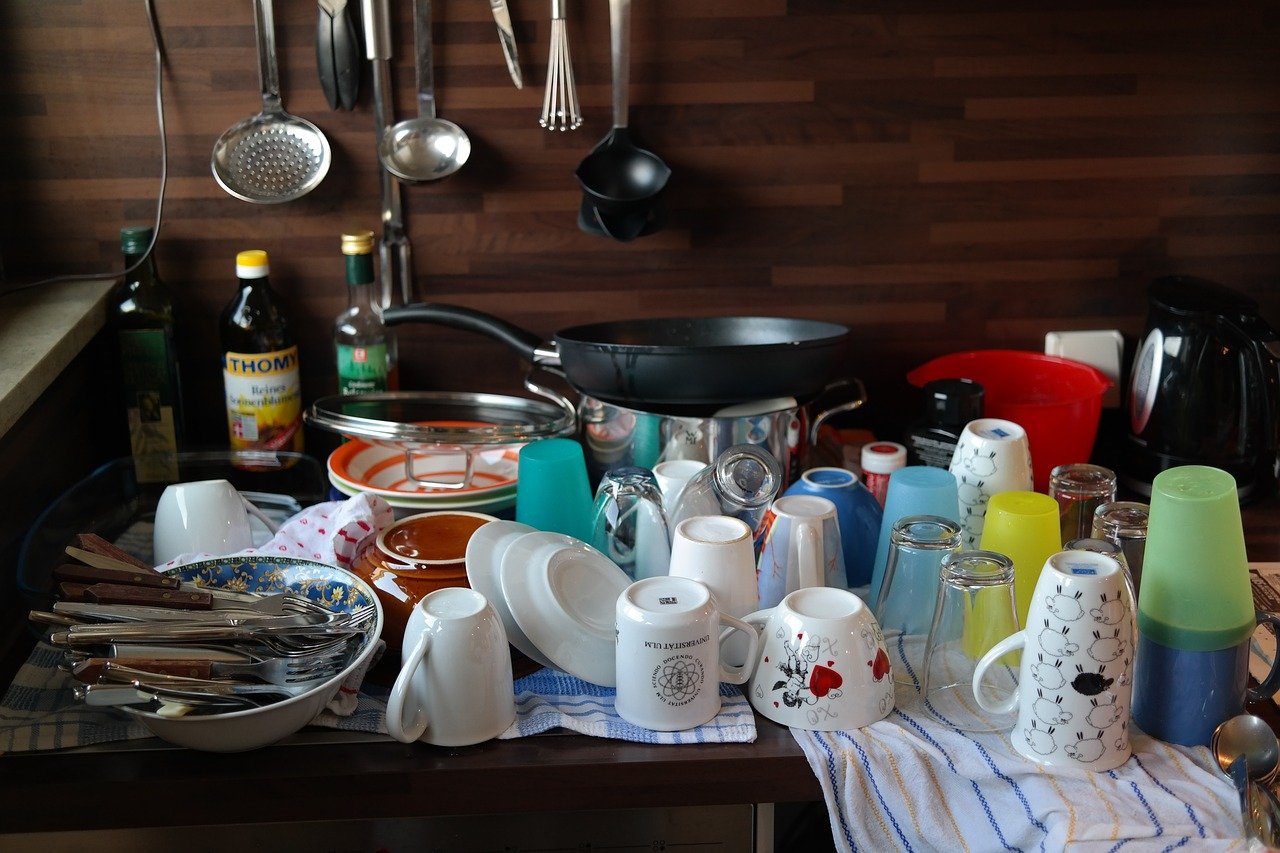
Hard water can leave unsightly spots on your glasses, dishes, and shower doors. Soft water can help eliminate these spots, leaving your surfaces looking clean and shiny.
Improve The Taste and Quality of Your Water
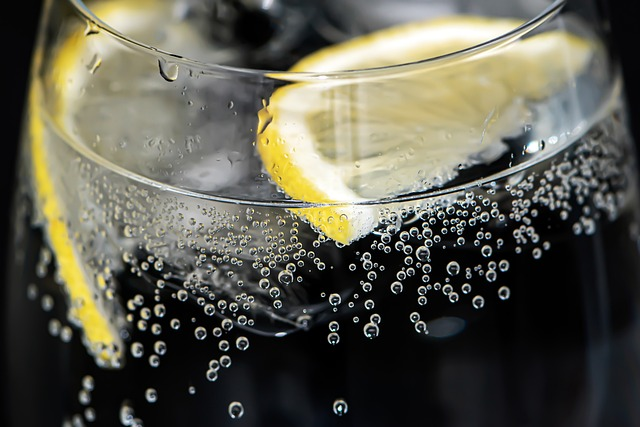
Hard water can have a metallic taste and odor. Soft water, however, or softened water has a cleaner, fresher taste that is more enjoyable to drink.
What People Say Are The Best Hard Water Softeners For Your Home
Hard water can wreak havoc on your home, clogging pipes, damaging appliances, and leaving unsightly stains on your dishes and laundry. If you live in an area with hard water, you know how frustrating it can be. A typical water softener consists of a tall, narrow water-softener tank, and a short, wide brine tank. The softener tank is connected to the home’s water-supply line. A small-diameter fill tube connects the brine tank to the softener tank. And a discharge hose runs from the softener tank to a nearby drainpipe or drywell.
Luckily, investing in a hard water softener can make a big difference in the quality of your water. But with so many options out there, it can be tough to choose. In this post, we’ll take a look at what people are saying are the top 5 best hard water softeners for your home, so you can make an informed decision.
- Fleck 5600SXT Water Softener: This highly-rated system is designed to remove even the toughest hard water minerals quickly and effectively. It features a digital controller that makes it easy to adjust the settings and a long-lasting resin tank that can handle up to 48,000 grains of hardness. Plus, its compact size makes it ideal for smaller homes or apartments.
- Aquasana Rhino Whole House Water Filter: This all-in-one system not only softens your water, but it also filters out impurities and contaminants. Its high-capacity tanks can handle up to 1 million gallons of water before needing to be replaced, and its SmartGuard technology ensures that you always have clean, safe water running through your home.
- Whirlpool WHES30E Water Softener: This affordable option is a great choice for those on a budget who still want the benefits of soft water. It features a demand-initiated regeneration system that saves water and salt, as well as easy-to-use controls that allow you to customize your settings. Plus, its compact design makes it a good option for small spaces.
- Morton System Saver Water Softener: This highly efficient system is designed to remove hard water minerals without using electricity. Its patented Look-Ahead Technology predicts your water usage patterns, so it always regenerates when it needs to, saving you water and salt. Plus, its compact design means it doesn’t take up too much space in your home.
- Culligan High Efficiency Water Softener: This high-performance system is designed to handle even the hardest water in larger homes. It features a patented technology that ensures you always have soft water, even during high-use periods. Plus, its smart controller saves you money on energy and maintenance costs.
If you’re tired of dealing with hard water in your home, investing in a water softener can make a huge difference. From compact models for apartments to high-capacity systems for larger homes, there’s a water softener out there that can meet your needs and budget. Consider one of the options above to enjoy cleaner, softer, and more comfortable water in your home.
Overall, high efficiency water softeners have numerous benefits that can improve the quality of your water and make your life easier. From saving you money on repairs and bills to improving the health of your skin and hair, there are plenty of reasons to consider installing a water softener in your home.
What Can We Do For You?
If you’re interested in learning more about the benefits of water softening or are interested in purchasing one for your home, reach out to us here at MD Sewer and Plumbing Service & we can assist you with all of your plumbing needs and we provide free estimates for our services! Call us or book online here!


